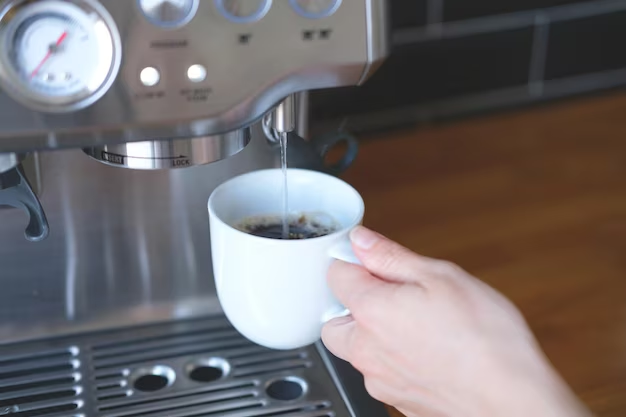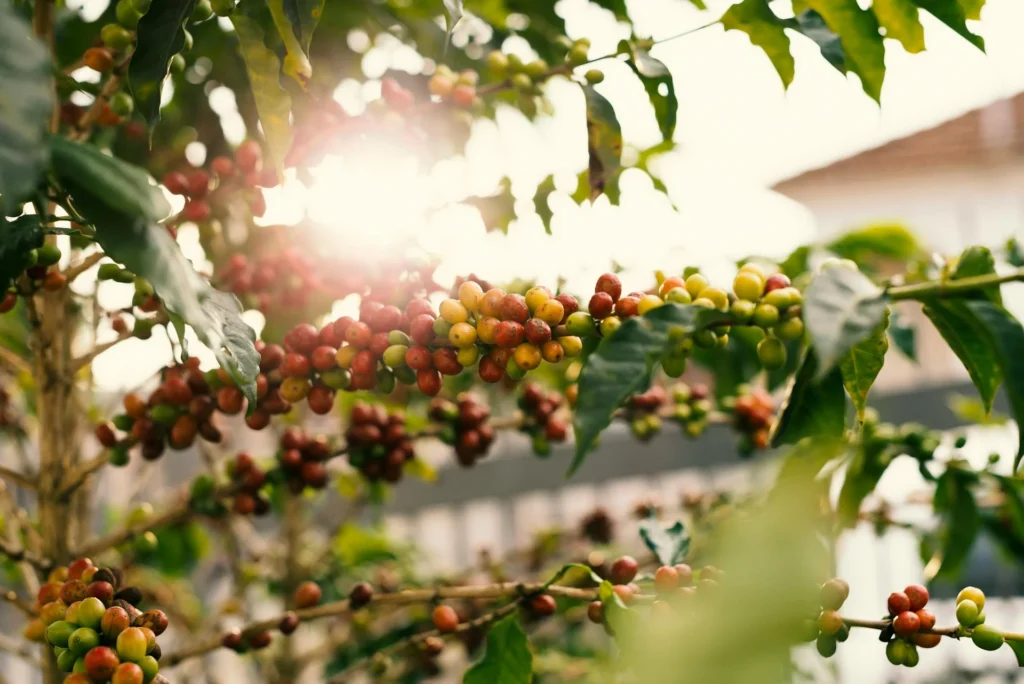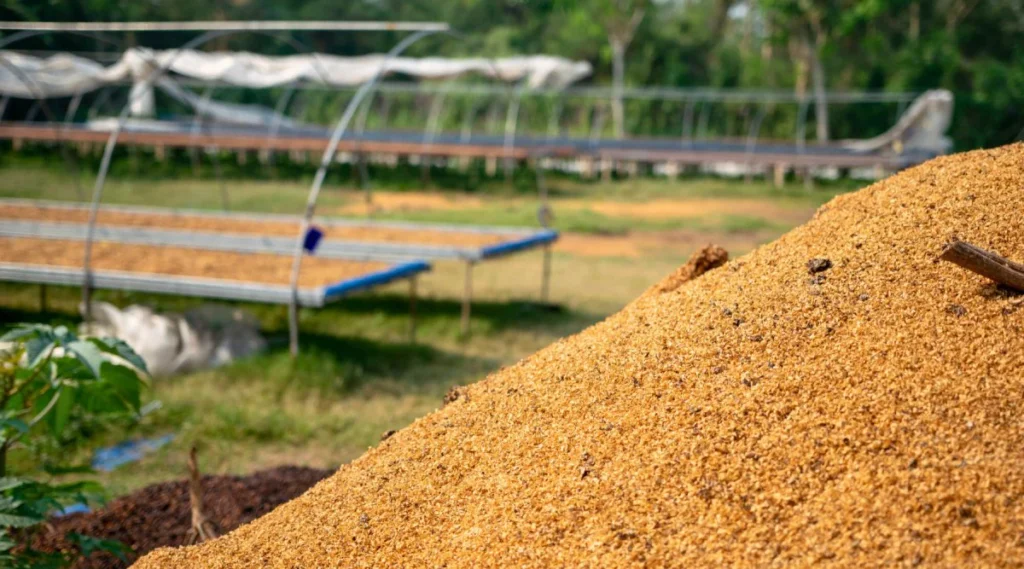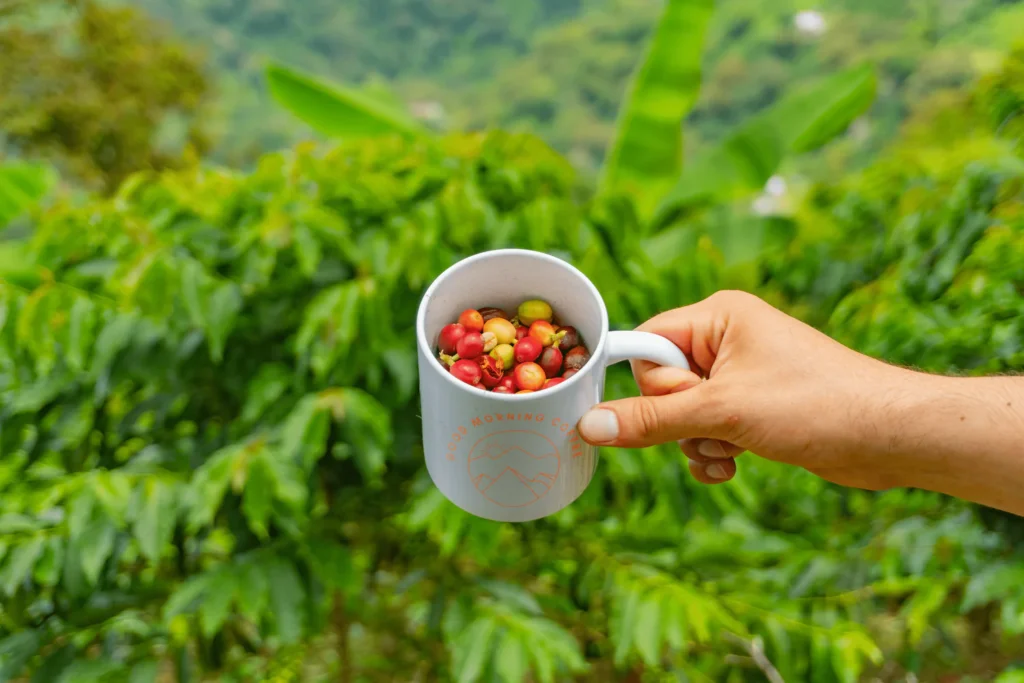Water may seem like a simple ingredient, but for espresso, it is critical. Without proper water filtration, you risk not only compromising the taste of your coffee but also damaging your espresso machine. This article explores how water filters save your espresso machine, how it affects coffee quality, and how you can choose the right system to protect both your coffee and your machine.
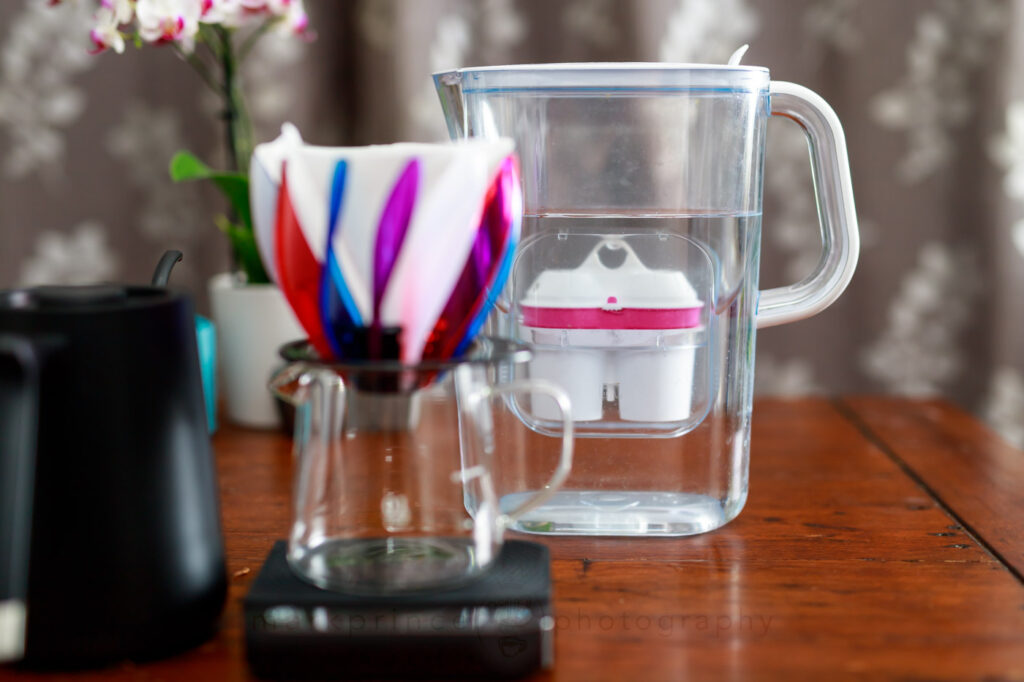
How Water Filters Save Your Espresso Machine & Why It’s Essential
1. Enhancing Coffee Flavor
Water quality directly affects the flavor of espresso. Unfiltered water, especially hard water, can cause coffee to taste overly bitter or metallic due to high mineral content, such as calcium and magnesium. These minerals interfere with the extraction process, resulting in subpar coffee with harsh or one-dimensional flavors. With filtered water, the subtle, complex flavors—whether fruity, floral, or nutty—are preserved, allowing the espresso to taste smoother and more balanced.
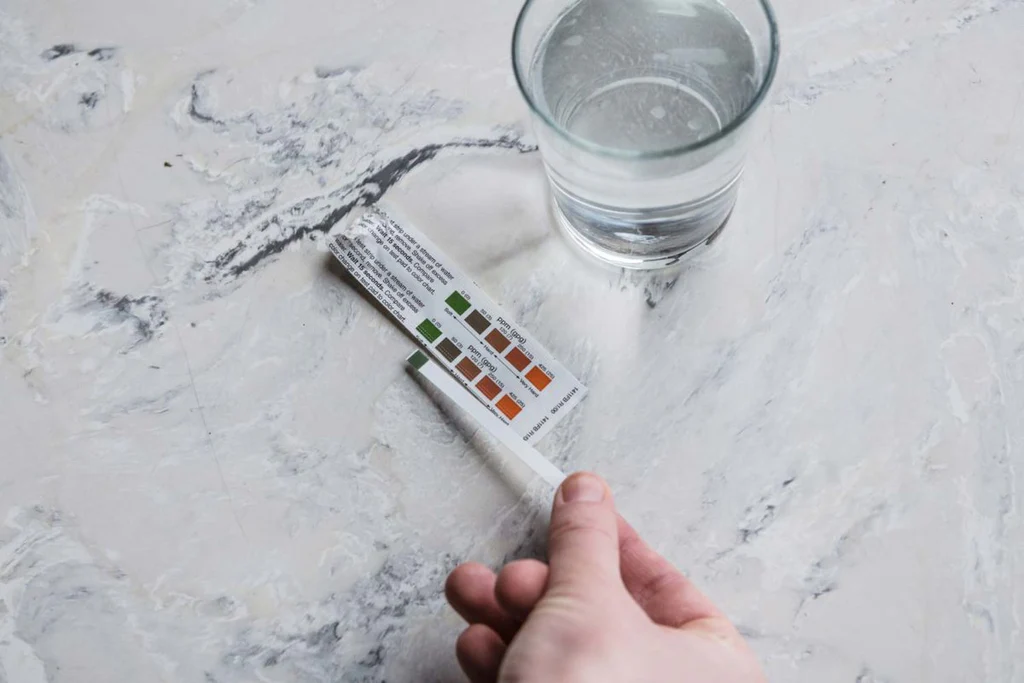
The Role of Water in Coffee Chemistry
The Specialty Coffee Association (SCA) sets specific standards for water quality. Ideally, water used for brewing should have a neutral pH of around 7, a Total Dissolved Solids (TDS) level between 75–250 mg/L, and low calcium and magnesium content.
Water that is too hard (high in minerals) can cause over-extraction, while water that is too soft may result in under-extracted, sour-tasting coffee. Filtering water ensures the right balance, unlocking the full potential of your beans.
Protecting Your Machine from Scale Buildup
2. Preventing Scale Accumulation
Minerals in unfiltered water build up as scale within your espresso machine. Over time, this scale blocks water pathways, affects heating efficiency, and can lead to costly repairs or even complete machine failure. According to coffee machine experts, scale buildup from unfiltered water is responsible for over 50% of espresso machine breakdowns.
How Scale Damages Machines
Scale forms on critical components such as boilers, steam wands, and pipes, reducing water flow and temperature consistency. This can cause your machine to struggle to reach the correct brewing temperature, negatively affecting espresso extraction. Consistent use of filtered water prevents this, saving you from frequent descaling, which can be time-consuming and expensive.
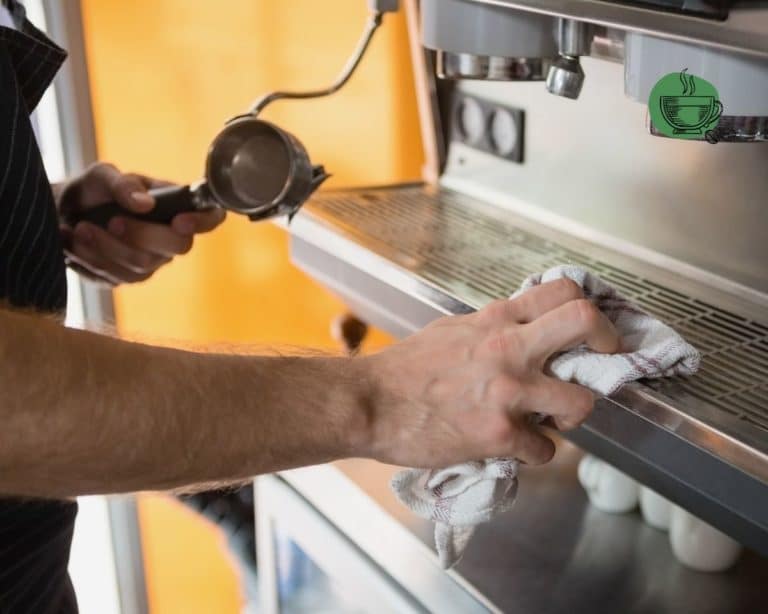
Types of Water Filtration Systems
3. Comparing Water Filtration Options
There are several types of filtration systems available for espresso machines, each offering different benefits depending on your water quality and budget.
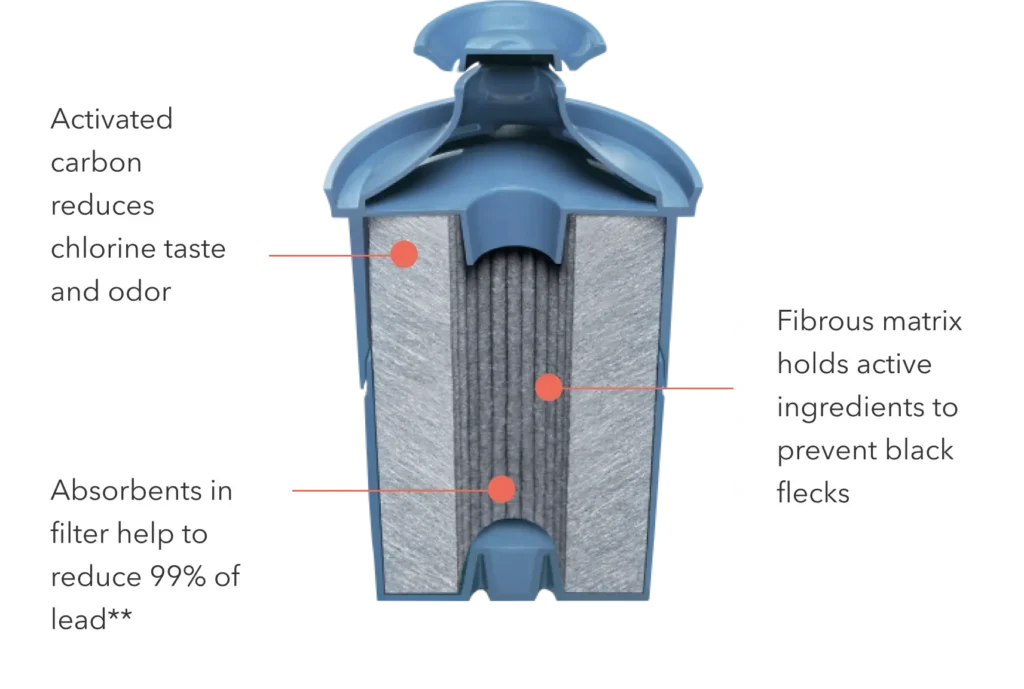
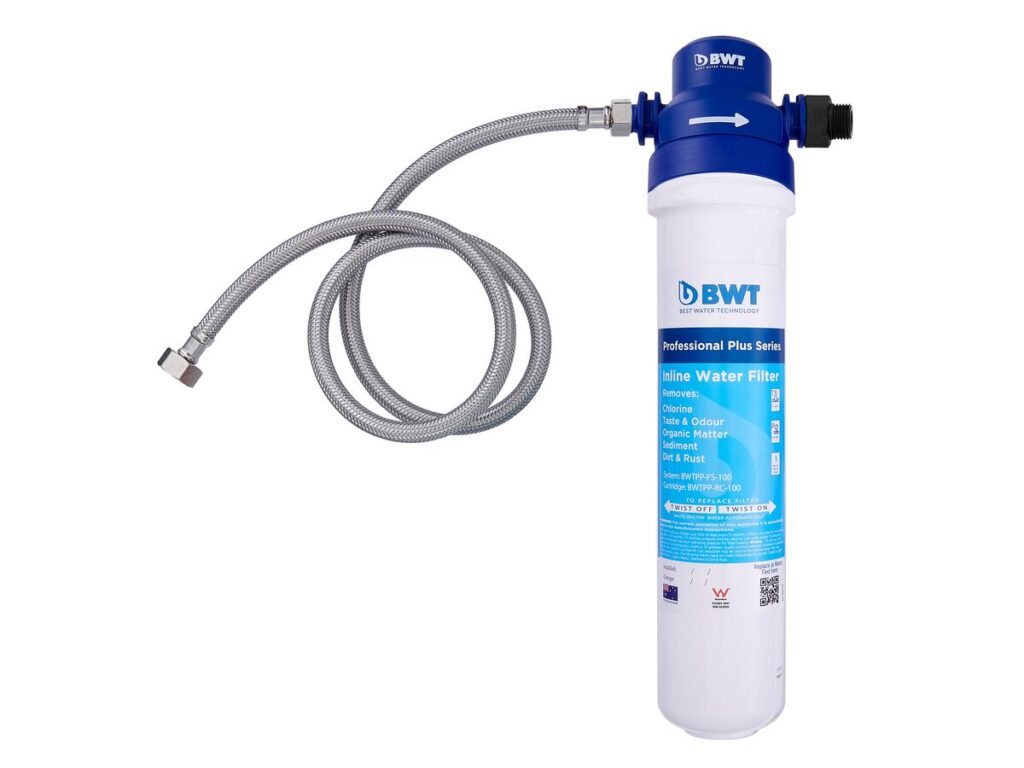
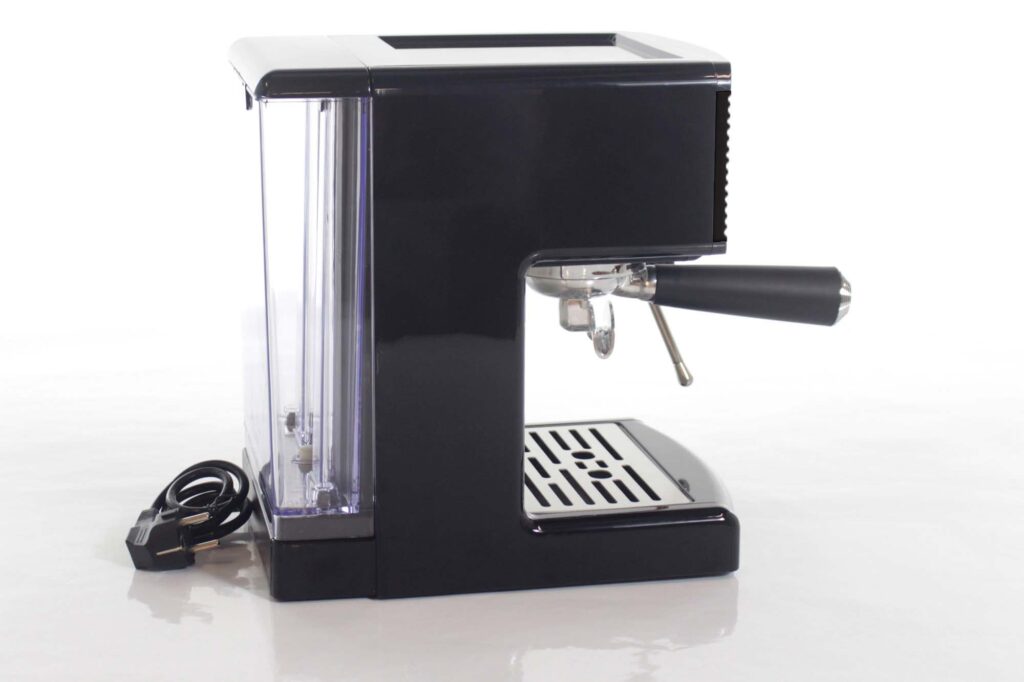
- Brita Filters: A budget-friendly option, Brita pitchers remove excess chlorine and some minerals, improving the taste of both your coffee and drinking water. However, they may not be as effective in reducing hard water minerals like calcium and magnesium.
- BWT (Best Water Technology) Filters: These are specifically designed for coffee brewing. BWT filters not only reduce hardness but also add magnesium, a mineral that enhances coffee flavor. Some models even offer additional zinc, which can further improve water quality for coffee making.
- Built-In Espresso Machine Filters: Many high-end machines come with built-in water filtration systems. These filters are designed to work with the specific water requirements of espresso machines, prolonging their lifespan and improving coffee quality.
Which System is Best for You?
- If you’re just starting and on a budget, a Brita filter can make a noticeable difference in your coffee’s taste and the machine’s longevity.
- For serious coffee enthusiasts, investing in a BWT filter, which is engineered specifically for coffee brewing, will yield the best results. These filters typically cost more but are designed to optimize mineral content, providing consistent coffee quality and protection for your espresso machine.
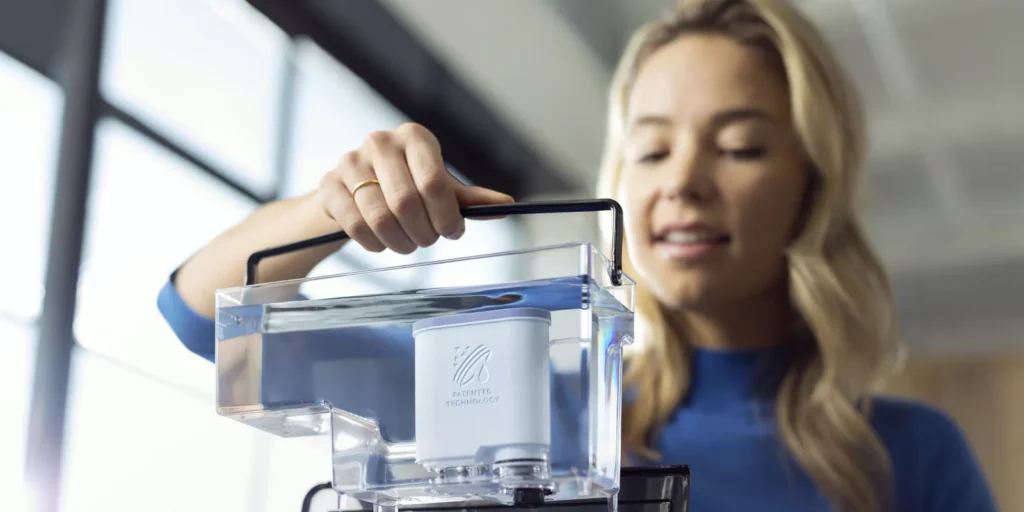
Real-World Impact: Taste Testing Before and After Filtering
4. Taste the Difference: Before and After Filtering
Before switching to filtered water, you might notice several common issues in your espresso:
- Bitterness: Hard water tends to over-extract coffee, emphasizing undesirable bitter compounds.
- Chalkiness: High calcium levels often leave a chalky texture in your coffee, especially as it cools.
- Flat Flavor: Unfiltered water mutes the subtler notes in coffee, resulting in a one-dimensional taste profile.

After filtering:
- Enhanced Clarity: The coffee’s flavor becomes much clearer, allowing fruity, floral, or nutty notes to emerge.
- Balanced Extraction: Instead of a bitter aftertaste, you get a cup that’s rich, sweet, and complex.
- Consistent Results: Filtered water removes variability, helping you achieve the same high-quality espresso shot every time.
- Smoother Texture: Espresso brewed with filtered water often has a silkier mouthfeel and richer crema.
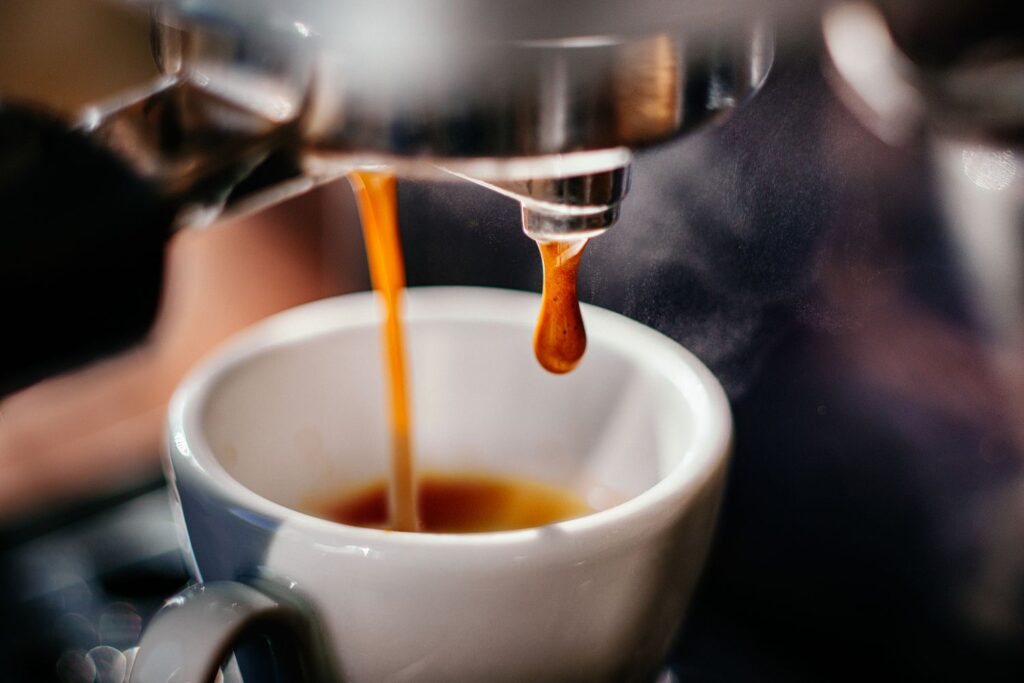
Long-Term Machine Health and Maintenance
5. Maintenance Benefits
Regular use of filtered water significantly reduces the need for frequent machine descaling. Even with filtered water, descaling is recommended every few months, but the buildup will be less severe, meaning fewer deep cleans are required. Using filtered water also preserves your machine’s key components, such as boilers, by preventing mineral deposits from causing long-term damage.
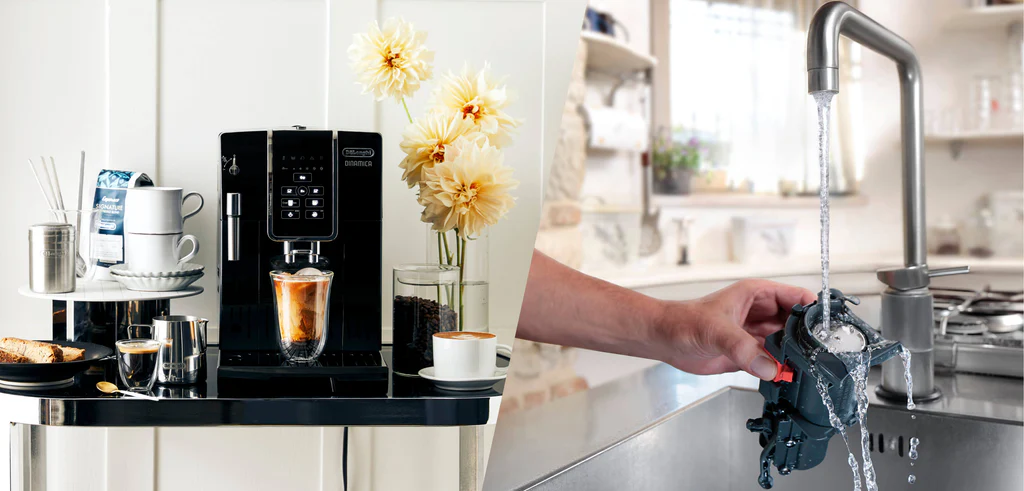
What Water Filters Won’t Fix
6. Understanding the Limitations
While filtered water dramatically improves espresso, it cannot compensate for issues such as:
- Old or Stale Beans: Using fresh, high-quality beans is still essential. No water filter can fix bad coffee.
- Incorrect Grind Size or Extraction Time: Water quality enhances the final brew, but you still need to dial in the correct grind size, dose, and extraction time to achieve the best results.
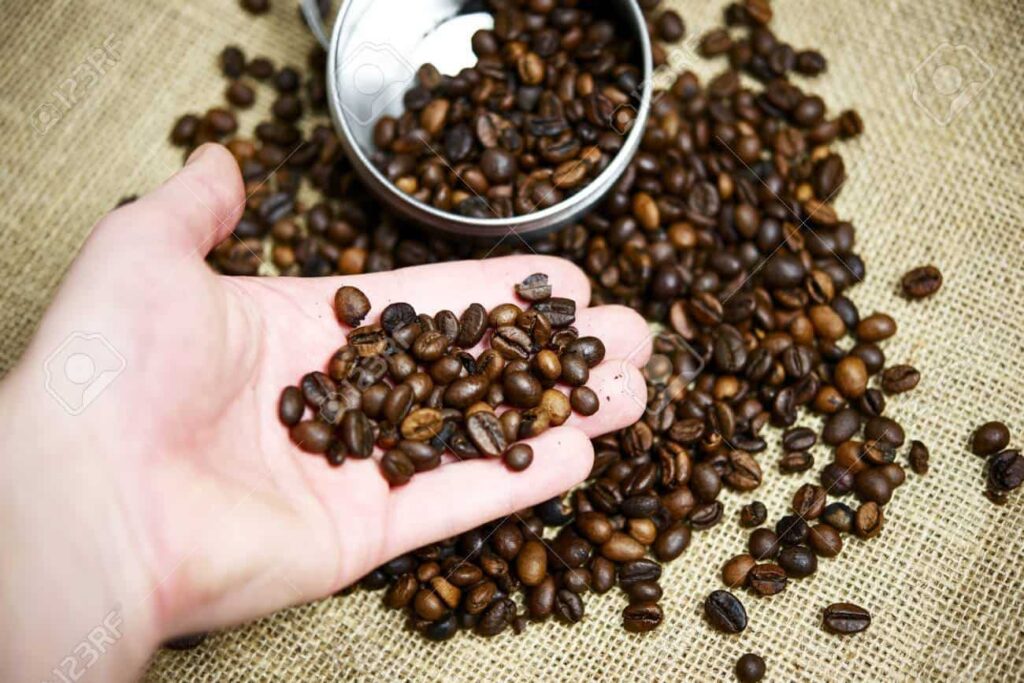
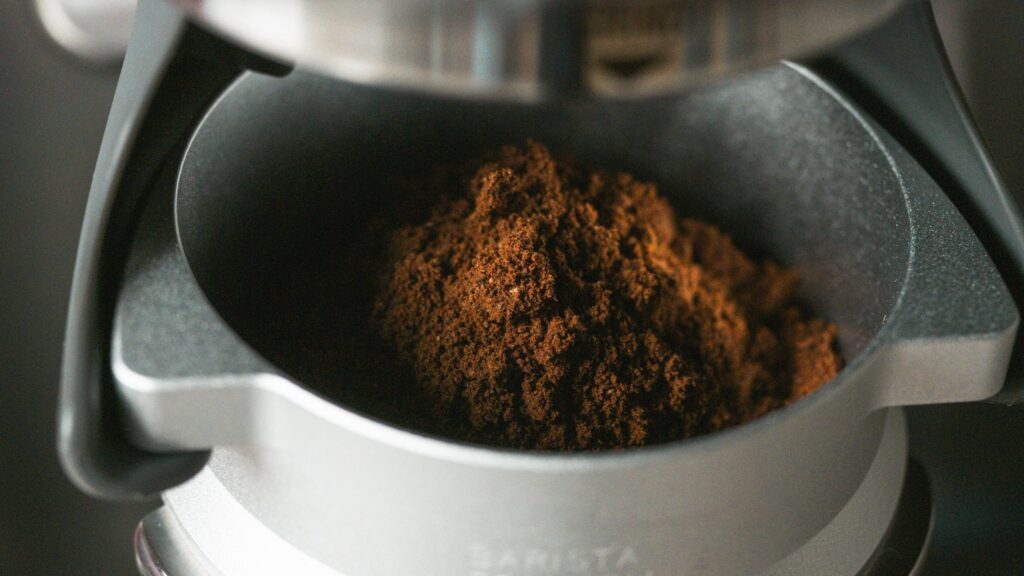
FAQs About Water Filtration for Espresso Machines
1. Why is filtered water better for espresso machines?
Filtered water removes excess minerals that can cause scale buildup inside the machine, preserving its longevity and improving temperature stability. It also improves the flavor of espresso by removing compounds that lead to bitterness or chalky textures.
2. How often should I replace the water filter?
Most filters should be replaced every 2-3 months, depending on your water hardness and usage. Check the manufacturer’s instructions for specific guidelines.
3. Can I use bottled water instead of filtered water?
Yes, you can use bottled water, but make sure it meets the SCA’s recommended water composition for espresso brewing. Some bottled waters contain too many minerals or are too soft, which can negatively impact flavor.
4. Is it necessary to descale my machine if I use filtered water?
Yes, but less frequently. Filtered water greatly reduces the rate of scale buildup, meaning you won’t need to descale as often, but descaling every few months is still recommended to maintain optimal performance.
5. Can I use distilled water in my espresso machine?
No, distilled water is not recommended as it lacks the necessary minerals that contribute to the flavor and proper extraction of espresso. It can also cause corrosion in some espresso machines.
6. What if my espresso machine doesn’t have a built-in filter?
You can use external systems like Brita or BWT pitchers. These are affordable and effective solutions for improving water quality before filling your machine.
Conclusion: Why You Should Filter Your Water
Incorporating a water filter into your espresso routine is one of the simplest and most cost-effective ways to improve both the quality of your coffee and the longevity of your machine. Whether you’re using a Brita filter to start or investing in a high-end system like BWT, filtered water ensures that every shot of espresso is smooth, balanced, and bursting with flavor.
Additionally, you’ll save time and money on machine maintenance by preventing scale buildup, ensuring your machine performs at its best for years to come.
Disclosure: Our blog contains affiliate links to products. We may receive a commission for purchases made through these links. However, this does not impact our reviews and comparisons. We try our best to keep things fair and balanced, in order to help you make the best choice for you.

